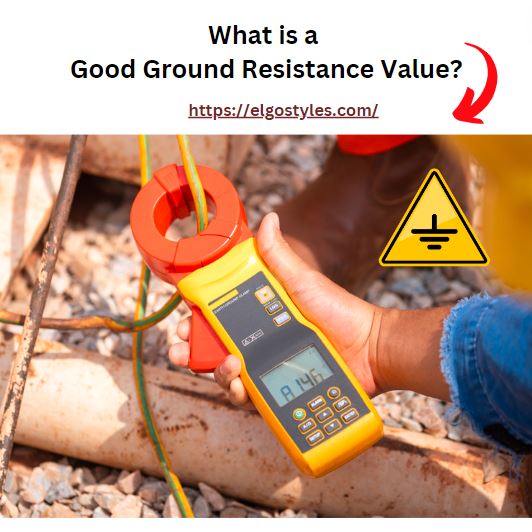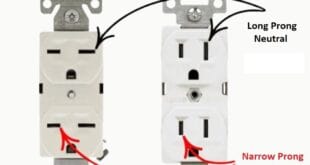Answer:
A good ground resistance value is typically below 5 ohms. However, specific standards or applications may have different acceptable ranges. Lower resistance values ensure efficient grounding and electrical safety.

Reasoning:
Efficient Grounding: Low ground resistance allows efficient dissipation of electrical currents into the ground, minimizing the risk of electric shock and ensuring proper functioning of electrical systems.
Safety Standards: Various standards recommend specific ground resistance values based on factors like equipment sensitivity and environmental conditions. Commonly, a value below 5 ohms is considered good for general applications.
Minimizing Voltage Drop: Low ground resistance reduces voltage drop, ensuring stable and reliable operation of electrical equipment connected to the grounding system.
FAQs:
Q: Why is ground resistance important?
A: Ground resistance ensures a safe path for electrical currents to dissipate, preventing hazards and protecting equipment.
Q: Can different applications have varied ground resistance requirements?
A: Yes, standards and applications may dictate specific ground resistance values for optimal safety and functionality.
Q: What factors influence ground resistance values?
A: Soil type, moisture content, and temperature can affect ground resistance; these factors should be considered for accurate assessments.
Q: Is there a universal standard for ground resistance?
A: No, standards like IEEE, NEC, or IEC provide guidelines, but specific applications may have unique requirements.
Q: Can ground resistance values change over time?
A: Yes, factors like soil moisture levels and corrosion can impact ground resistance, necessitating periodic checks.
Q: Why is low ground resistance crucial for lightning protection?
A: Low resistance enhances the grounding system’s ability to dissipate lightning-induced currents, preventing damage to structures and equipment.
Q: Can inadequate ground resistance lead to electrical fires?
A: Yes, poor grounding may cause overheating, leading to electrical fires; low resistance minimizes this risk.
Q: Are there consequences to having too low ground resistance?
A: Extremely low resistance may indicate a high-conductivity path, potentially causing interference with neighboring systems.
Q: How is ground resistance measured?
A: Ground resistance is typically measured using specialized instruments like ground resistance testers or clamp-on meters.
Q: Can ground resistance impact power quality?
A: Yes, low ground resistance contributes to good power quality by ensuring stable voltage levels and minimizing disturbances.
 Electrical Engineering World Wiring a Brighter Tomorrow!
Electrical Engineering World Wiring a Brighter Tomorrow!


